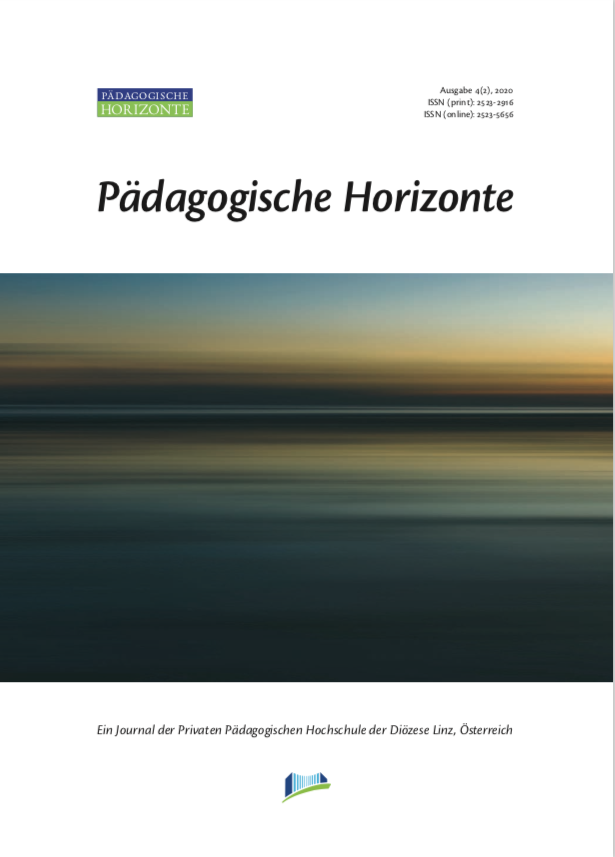Problematising early career teacher cognition and its impact on pedagogic positioning in the teaching and learning of modern foreign languages in secondary schools
Keywords:
collaborative research, reflective practice, teacher cognition, teaching and learning of modern foreign langugagesAbstract
This article problematizes ways in which teacher cognition leads to shifts in classroom pedagogies. It examines how a deeper understanding of its impact may contribute to the more effective teaching of modern foreign languages in Scottish secondary schools. The analysis starts with identifying a common problem, namely that many new teachers of modern foreign languages change from working and experimenting with a ‘communicative approach’ to language teaching during the period of their initial teacher education programme, to a more traditional ‘grammar-translation’ approach when they are on school practicum. In particular, they use significantly less target language in class. In presenting evidence of these shifts, this article will postulate reasons why early career teachers may change their approaches to teaching. It will also examine how theories of teacher cognition and situated learning might throw some light on why these changes take place and provide advice for teacher educators and teacher mentors in terms of addressing future practice. It concludes by recommending collaborative research between teachers in schools and other agencies, together with teacher educators, to develop ways of actively promoting a key indicator of the effective teaching of modern foreign languages – that is judicious use of the target language in class.



